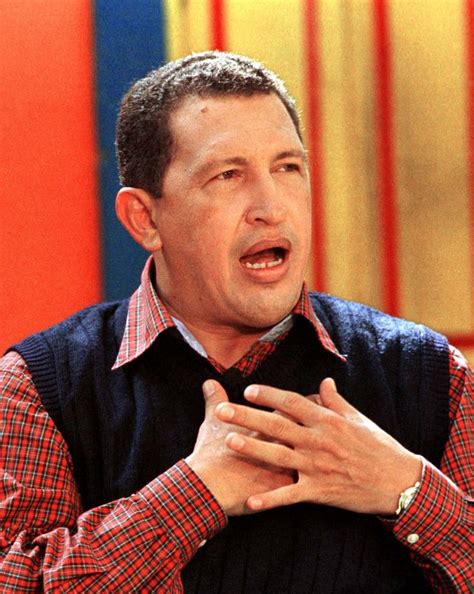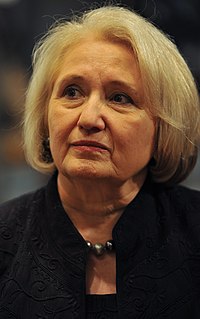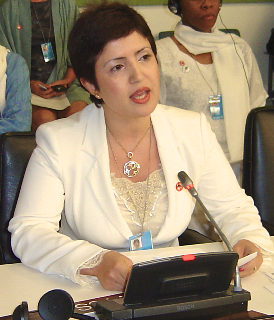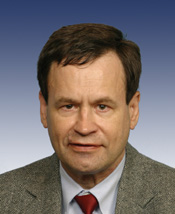A Quote by Atal Bihari Vajpayee
Poverty is multidimensional. It extends beyond money incomes to education, health care, political participation and advancement of one's own culture and social organisation.
Related Quotes
He [Hugo Chavez] put poverty at the heart of political debate. Rightly so, given the country's immense inequality and poverty. He invested heavily in social programs such as literacy, health clinics, and education. He promoted Venezuela's indigenous culture and urged compatriots to take pride in its pre-Columbian history. He called time on the US treating Latin America as its backyard.
But responsibility likewise falls on the legislators who have promoted and approved abortion laws, and, to the extent that they have a say in the matter, on the administrators of the health-care centers where abortions are performed. In this sense abortion goes beyond the responsibility of individuals and beyond the harm done to them, and takes on a distinctly social dimension. It is a most serious wound inflicted on society and its culture by the very people who ought to be societys promoters and defenders.
Political philosophy is realistically utopian when it extends what are ordinarily thought to be the limits of practicable political possibility and, in so doing, reconciles us to our political and social condition. Our hope for the future of our society rests on the belief that the social world allows a reasonably just Society of Peoples.












































